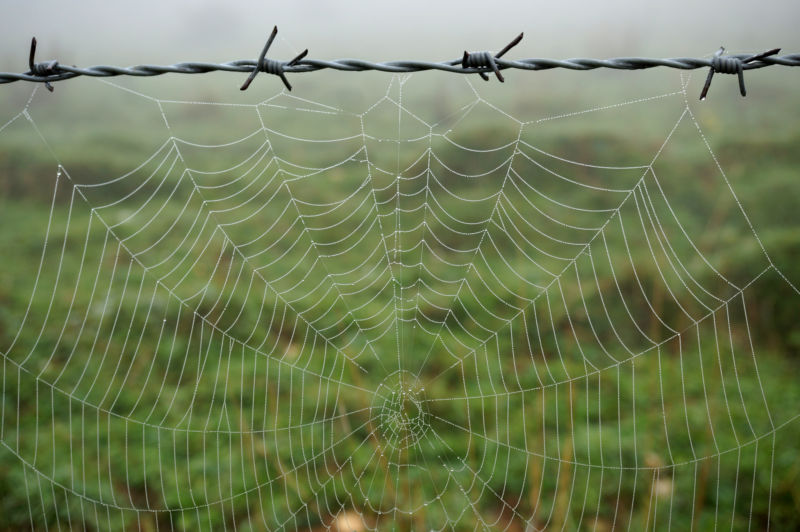Information overload study we covered has been retracted
Ars Technica 2017-06-29

Enlarge / Sorry, I’m not home right now. (credit: flickr user: Rosmarie Voegtli)
Once upon a time, it wasn’t crazy to think that social media would allow great ideas and high-quality information to float to the top while the dross would be drowned in the noise. After all, when you share something, you presumably do so because you think it’s good. Everybody else probably thinks what they’re sharing is good, too, even if their idea of “good” is different. But it’s obvious that poor-quality information ends up being extremely popular. Why?
That popularity might be a product of people’s natural limitations: in the face of a flood of information and finite attention, poor quality discrimination ends up being a virtual certainty. That’s what a simulation of social media suggests, at least.
A group of researchers from the Shanghai Institute of Technology, Indiana University, and Yahoo wanted to investigate the tradeoffs that happen on social media. Their simulated social network allowed them to tweak different parameters to see what would happen.